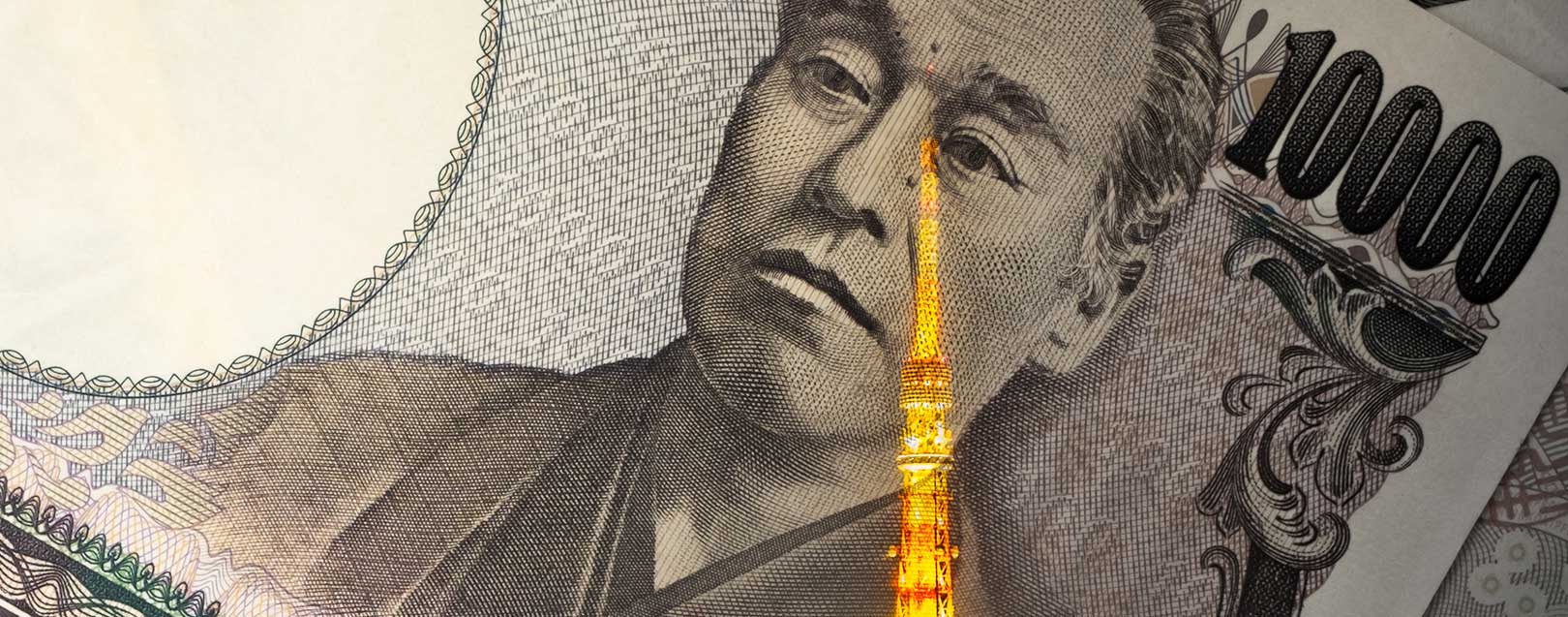
Japan records huge trade surplus in Feb '17 due to strong export growth
The Dollar Business Bureau
This February, for the 32nd consecutive month, Japan registered a current account surplus. Information released by Japanese finance ministry shows that the country generated a $25.26 billion current account surplus during February 2017, showing year on year growth.
After a slowdown in the beginning of the year due to the Lunar New Year season, Japanese exports rebounded and strengthened the trade balance to $7.3 billion in February, reversing a deficit in the month of January. While exports inched up 11.3% y-o-y to $56 billion approximately, imports stood at around $49 billion, growing marginally y-o-y at 1.2%. Since 2010, this has been the largest monthly trade surplus registered by Japan. These strong trade parameters are under threat from rising energy prices, which will eventually up Japan's import bill.
A significant growth in exports of machinery and electronic components, especially to China, was observed during the month. Exports to China grew sharply by 28% year on year during February 2017. The Lunar New Year, which shifted from late February last year to January this year, may have eroded the base to reflect inflated export growth in February 2017.
Apart from the inflated trade surplus, the surplus in current account balance was also boosted by a rise in income from foreign investments. The primary income reflected an amount of $17.8 billion in approximate overseas investment earnings, up from $11.4 billion in January.
The East Asian economic giant houses some of the world's biggest automobile manufacturers. One of the major threats to the Japanese economy in today's geopolitical situation is the 'America first' policy which may damage the exports of Japanese automobile majors. Donald Trump, via his infamous tweets, has already threatened the likes of Toyota for moving manufacturing out of USA. The renegotiation of North American Free Trade Agreement (NAFTA) also poses risk to Japanese auto companies which have manufacturing facilities in Mexico.
In their first such diplomatic meeting after Trump took office, Japanese Deputy PM Taro Aso and US vice President Mike Pence are scheduled to meet in Tokyo next week. US-Japan trade is likely to be a major point of discussion on the agenda as Trump, in the passing of two executive orders, recently underscored his commitment towards correcting America's trade deficit. Japan is one of the 16 countries underlined in the executive order aimed at causes of USA's $700 billion deficit. In 2016, USA had a deficit of $69 billion with Japan.



.jpg)


 to success.
to success.